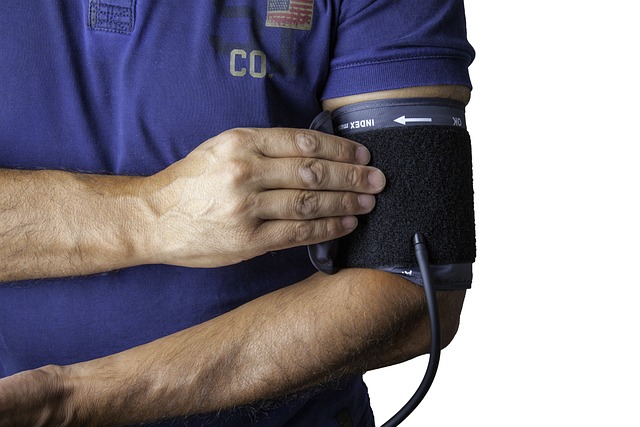Understanding Depression Tests: Signs, Types, and Resources
Depression affects millions worldwide, yet many people don't recognize their symptoms or seek proper diagnosis. Depression tests provide structured ways to assess potential symptoms and their severity, serving as an important first step toward treatment. While these screening tools cannot replace professional diagnosis, they offer valuable insights into your mental health and can help determine when it's time to consult a healthcare provider.

6 Signs You May Have Depression
Depression manifests differently in each person, but certain signs appear commonly across many cases. If you experience several of these symptoms persistently for two weeks or more, it may indicate depression:
-
Persistent sadness or emptiness that doesn’t lift
-
Loss of interest or pleasure in activities you once enjoyed
-
Significant changes in appetite and weight (increase or decrease)
-
Sleep disturbances (insomnia or excessive sleeping)
-
Fatigue or loss of energy nearly every day
-
Feelings of worthlessness or inappropriate guilt
These symptoms must be severe enough to interfere with daily functioning, such as work, school, or relationships. Depression often causes physical symptoms too, including headaches, digestive problems, and chronic pain that doesn’t respond to treatment.
Quick Depression Test Options Online
Several validated depression screening tools are available online, allowing for convenient self-assessment:
The Patient Health Questionnaire-9 (PHQ-9) is one of the most widely used depression screening tools. This brief 9-question assessment asks about the frequency of specific symptoms over the past two weeks, with scores indicating depression severity from mild to severe.
The Beck Depression Inventory (BDI) contains 21 questions about symptoms and attitudes, measuring characteristic attitudes and symptoms of depression. While more comprehensive, completing this test takes slightly longer than the PHQ-9.
Many mental health organizations and healthcare providers offer digital versions of these tests on their websites. Results are typically available immediately, often with recommendations based on your score.
10 Signs of Depression to Watch For
Beyond the six core signs mentioned earlier, depression often presents with additional symptoms that may not be as readily associated with the condition:
-
Irritability and restlessness
-
Difficulty concentrating or making decisions
-
Moving or speaking more slowly than usual
-
Persistent physical symptoms that don’t respond to treatment
-
Thoughts of death or suicide
-
Feeling overwhelmed by everyday tasks
-
Social withdrawal and isolation
-
Decreased productivity at work or school
-
Increased use of alcohol or other substances
-
Neglecting personal hygiene or appearance
The severity and combination of these symptoms vary widely among individuals. Cultural backgrounds, personal circumstances, and biological factors all influence how depression manifests. Some people may experience primarily physical symptoms, while others might notice mostly emotional changes.
Free Depression Test Resources
Several reputable organizations offer free depression screening tools that can be accessed anonymously:
Mental Health America provides a free, confidential depression screening tool on their website, along with resources for finding help based on your results. The assessment takes approximately 5-10 minutes to complete.
The Anxiety and Depression Association of America offers free online screening tools for depression and related conditions like anxiety. Their resources include educational materials about treatment options and how to talk to healthcare providers.
Many university counseling centers provide free mental health screenings for students, faculty, and sometimes community members. These resources often include follow-up support options and referrals if needed.
Primary care physicians frequently offer depression screening during regular check-ups at no additional cost. Insurance companies may also provide free mental health assessments as part of preventive care benefits.
What to Expect During a Clinical Depression Test
When seeking professional assessment, the process typically involves several components:
A healthcare provider will conduct a thorough interview about your symptoms, medical history, family history of mental illness, and current life circumstances. They may ask about the duration and severity of symptoms, their impact on daily functioning, and any treatments you’ve tried.
Standardized questionnaires similar to online versions, but administered and interpreted by a professional, provide structured assessment. The clinician will consider your responses within the context of your overall health picture.
Physical examination and lab tests may be recommended to rule out medical conditions that can cause depression-like symptoms, such as thyroid disorders, vitamin deficiencies, or medication side effects.
The evaluation process typically takes 45-60 minutes for an initial assessment. Follow-up appointments may be scheduled to monitor progress or adjust treatment plans. Many healthcare providers now offer telehealth options for mental health assessments, making professional screening more accessible.
This article is for informational purposes only and should not be considered medical advice. Please consult a qualified healthcare professional for personalized guidance and treatment.




